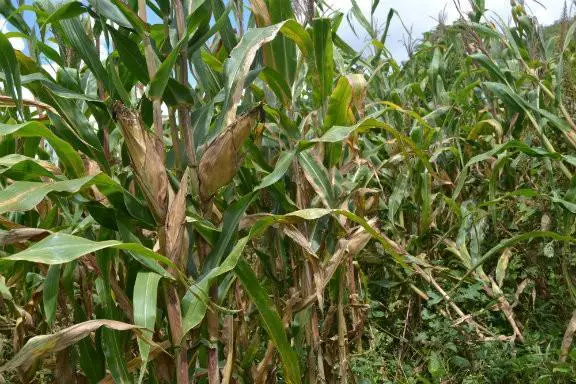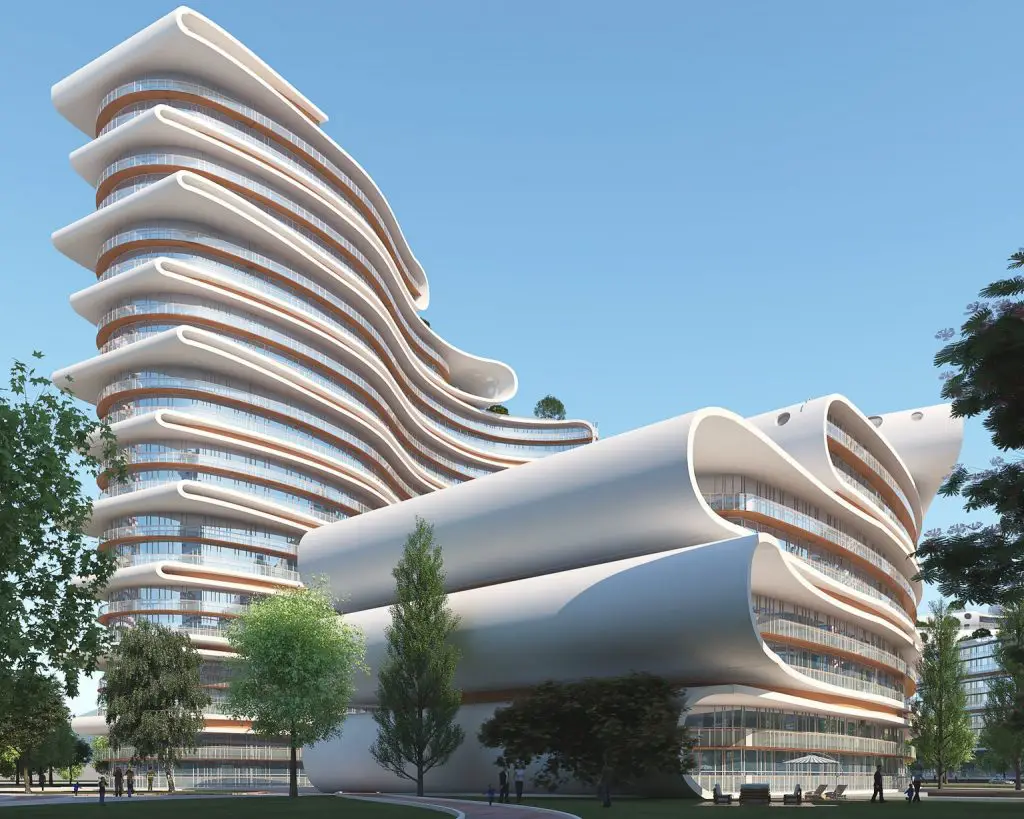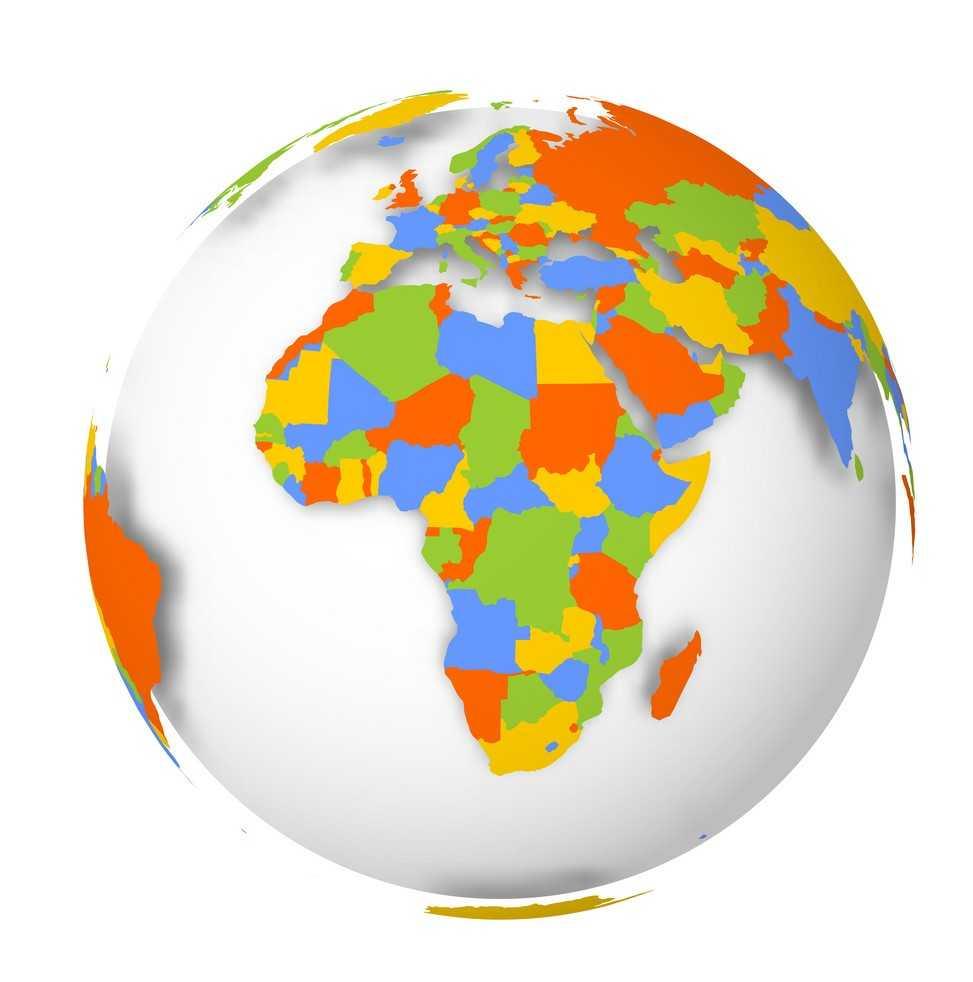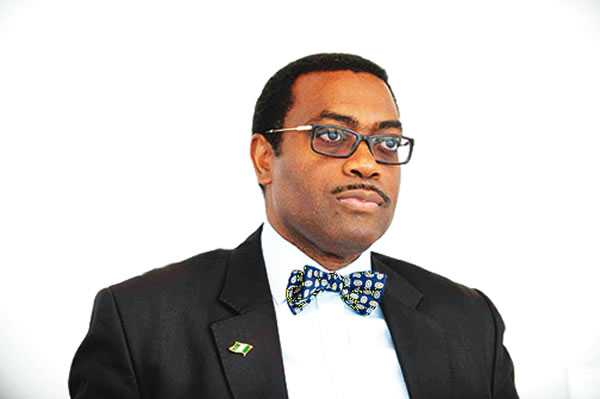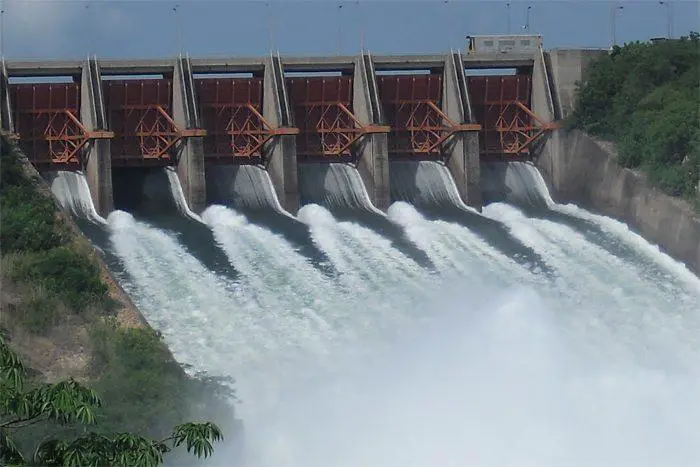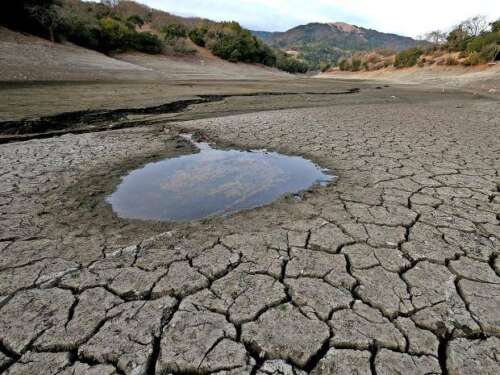- d.light’s 600,000 cookstoves project verified as top source of quality carbon credits
- Artificial intelligence (AI) could create a turning point for financial inclusion in Africa
- AIM Congress 2024: Catalysing global investments with awards
- Kenya’s economic resurgence in 2024
- The most stressful cities to live in 2024 exposed
- Tech ventures can now apply for the Africa Tech Summit London Investment Showcase
- State of journalism survey 2024 shows media houses are lagging in AI adoption
- Forum sets the stage to unleash global potential for startups during AIM Congress 2024
Browsing: African Development Bank
African Green Resources (AGR) in Zambia launched an $81 million financing programme on Sunday, whereby the company and its partner are slated to provide farm supplies and technology to farmers in exchange for grain
According to information from Reuters, the company chairperson Zuneid Yousuf said in a statement that, AGR plans to invest $150 million in the country, for projects including a 50-megawatt solar farm and irrigation dam, AGR will target 120 commercial farmers and 250,000 small and middle farmers with the new programme to boost food security in Zambia and the surrounding region.
However, the scheme—will cover 60,000 tonnes of fertiliser for wheat and soya farming worth $55 million and $26 million for projects such as the expansion of grain storage silos.
Hence, the scheme will be financed through regional and global banks, with the money repaid from the produce the programme yields
This scheme could be one of …
After signing a deal with a Rwandan bank to build 2,000 affordable housing units, Shelter Afrique is heading to Senegal in West Africa for a similar deal.
The Pan African housing developer has signed a US$11.6 million line of credit with Senegal’s Teyliom Group for the construction of affordable housing units.
Shelter Afrique says the money will go toward the development of affordable housing with the world-class Diamniadio Lake City (DLC).
The deal with Teyliom Group is the first significant project Shelter Afrique has embarked on in Senegal since 2016 and is the second transaction the Company is making with the Teyliom Group.
When complete, the project is expected to deliver large-scale affordable housing of 3,439 units with selling prices starting at US$26,000 for more than 20,000 individuals and create more than 3,000 jobs, with a sizeable number of those being held by women.
The high-density estate has been designed …
Chief executives of firms operating in Africa are concerned about weaker than expected growth in revenues in 2020, largely due to policy uncertainty, over-regulation, exchange rate volatility and instability in the global financial markets.
According to A global survey of chief executives released by consultancy firm PricewaterhouseCoopers, over 50 per cent of top company executives in Africa see uncertain global economic growth and policy uncertainty as key threats to their continental operations, followed by social instability, geopolitical uncertainty and exchange rate volatility.
The global annual survey seeks to understand the environment in which companies operate globally. Other issues facing Africa’s CEOs are inadequate basic infrastructure, protectionism, cyber threats and tax uncertainty.
According to the report, 3 per cent of African CEOs say to expect the global growth to remain the same while 53 per cent say it will decline this year and 20 per cent say global growth will improve.…
Africa’s economies are growing strongly, but growth alone cannot meet the needs of the continent’s poorest citizens, because “nobody eats GDP,” said Akinwumi Adesina, the President of the African Development Bank during the 2020 African Economic Outlook.
According to the 2020 African Economic Outlook, Africa’s economies are growing well, higher than the global average. The report anticipated a steady rise in growth in Africa from 3.4% in 2019 to 3.9% in 2020 and 4.1% in 2021.
According to the report, these figures do not give all the details. Because across the continent, the poor are not seeing the benefits of strong growth. Comparatively, few African countries posted substantial declines in extreme poverty and inequality, which remain higher compared to other regions in the world.
The report also revealed only 18 of 48 African countries with data, had inclusive growth.
Also Read: African Development Bank approves $22m to Egypt
“Growth must …
The African Development Bank through managed Sustainable Energy Fund for Africa (SEFA) approved a $990,000 grant to support the preparation of a 9-MW solar-hydro hybrid project in Burundi.
The project consists of two plants, each consisting a solar and a hydro component, a local distribution network and interconnection to the national power grid. The innovative hybrid design is seen to regularize the output of power during the dry and wet season and mitigate power shortfalls caused by climate change.
Also Read: African Development Bank launches AFAWA Risk Sharing Facility
The SEFA grant is instrumental in assuring project bankability it will support technical feasibility, social impact and environmental assessment and financial advisory for the solar-hydro hybrid project.
The project will electrify about 20,000 households in surrounding communities through a local distribution network upon completion.
As a result of more electricity access the project will further generate socio-economic benefits especially for women …
Africa’s water sectors and users are being forced into the innovation lane at a time when water quality infrastructure are falling.
A study by the Organisation for Economic Co-operation and Development (OECD) in 2014, revealed that the annual funding gap for infrastructure in sub-Saharan Africa ranges close to $50 billion with water alone using $11 billion.
In 2018, the African Development Bank put Africa’s infrastructure funding gap between $130 and $170 billion per year.
Also Read: Tanzania’s lake zone waterways get $38 million financing
According to the OECD study, a quarter of the 1.2 billion population in sub-Saharan Africa have no close source of clean drinking water while another 700 million are without decent sanitation. This is despite falling investment in water infrastructure leading to limit access to safe water and ease of doing business.
International Consortium for Africa indicates that in 2016 without donor and other external financings, funding …
Kenya has stepped up efforts to curb illicit financial flows (IFFs) through the signing of theYaoundé Declaration, with Africa losing $50 to $60 billion annually through illicit financial flows.
The National Treasury Acting Cabinet Secretary Ukur Yatani has provided the much needed shot in the arm for the Kenya Revenue Authority (KRA) efforts to tackle illicit financial flows through the Yaoundé Declaration.
While welcoming the commitment by the Government, KRA Commissioner General Githii Mburu said the instrument focuses on improving international tax cooperation through enhanced information sharing among the African Union (AU) member states to curb illicit financial flows.
READ ALSO:Corruption fueling illicit flow of money from Africa, delegates in Nairobi discuss
“KRA is encouraged by the Government’s swift moves to prioritize the signing of international treaties that will accelerate efforts to curb international tax evasion,” Githii said.
In a communique to the Chairperson of the Global Forum on …
African Development Bank Vice President Mateus Magala told Lusa that Mozambique faces the challenge of putting natural resource gains at the service of inclusive and sustainable development.
“The big challenge for the next decade is how to put these huge natural resources at the service of the accelerated, inclusive and sustainable growth of Mozambique’s economy,” head of AfDB’s Corporate Services and Human Resources, Mateus Magala, said.
Magala is in Mozambique to witness the signing of financing agreements for the Temane – Maputo power transmission line on Wednesday.
Also Read: AfDB joins private equity firm AfricInvest for Africa equity kitty
The AfDB vice president described the current phase in Mozambique as “historic”, marked as it is by announcements of major investments in natural resources and electricity.
“Today, it is a certainty that Mozambique will, in the coming years, be among the largest gas producing countries in the world, opening the doors …
Demand for affordable and reliable energy is on the rise in Tanzania owing to the fast paced economic growth of the country.
The African Development Bank (AfDB) estimates the demand for energy is growing by 10 per cent every year which the bank says ‘reflects the country’s high economic growth.’
To meet this demand, PanAfrican Energy Tanzania (PAET), the first fully Tanzanian owned company has entered into a long-term Gas Sales Agreement (“GSA”) with the Tanzania Petroleum Development Corporation (“TPDC”).
The agreement provides for the supply of up to 20 million standard cubic feet per day (MMscf/d) of natural gas to the TPDC operated National Natural Gas Infrastructure (“NNGI”) in Songo Songo Island, from where the gas will be processed and transported to Dar es Salaam, primarily for power generation.
This new GSA comes only months after last year’s short-term sales agreement that was also inked with TPDC and TANESCO …





